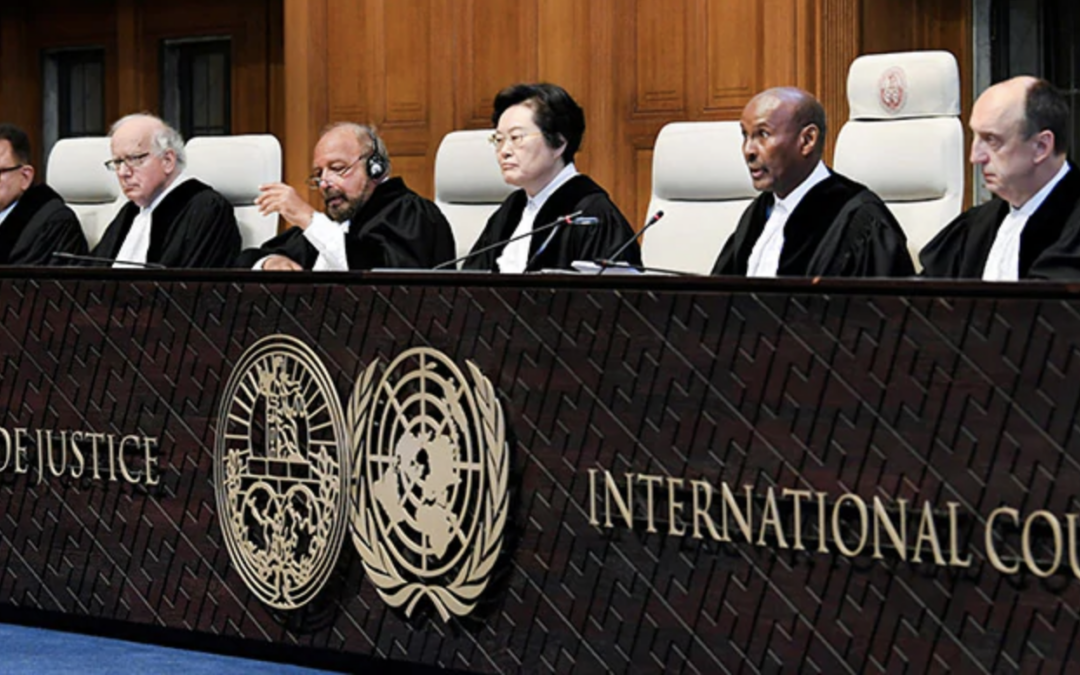The International Court of Justice (ICJ) has begun the process of delivering an advisory opinion on States’ obligations concerning climate change following the adoption of a recent resolution by the UN General Assembly (29/03).
The request for an advisory opinion was transmitted to the Court by a letter from United Nations Secretary-General António Guterres in a letter received in the Court’s Registry on 17 April 2023.
Spearheaded by the Republic of Vanuatu, the UN resolution gained overwhelming support after a series of consultations and was adopted by consensus by the organization’s Member States.
Through this newly passed resolution, the General Assembly invites the ICJ, the principal judicial organ of the UN, to elaborate on the following questions:
- What are the obligations of States under international law to ensure the protection of the climate system and other parts of the environment from anthropogenic emissions of greenhouse gasses (GHG) for States and for present and future generations?
- What are the legal consequences under these obligations for States where they, by their acts and omissions, have caused significant harm to the climate system and other parts of the environment, with respect to States, including, in particular, small island developing States, and to peoples and individuals of the present and future generations affected by the adverse effects of climate change?
“It is the first time that the world’s highest court has been asked to clarify the obligations on States to protect the climate system, and the legal consequences of failing to meet them”, Andy Raine, Head of the Frontiers in Environmental Law Unit at the Law Division of the United Nations Environment Programme, mentioned in a recent article, stressing this request from Member States to the ICJ is a significant step in the fight for climate justice.
Although ICJ advisory opinions are not legally binding, they possess a lot of moral weight, add clarifications on countries’ international obligations and can affect in the long-term the existing international legal order. As a result, the opinion of the ICJ is expected to push UN Member States to uphold their climate commitments.

